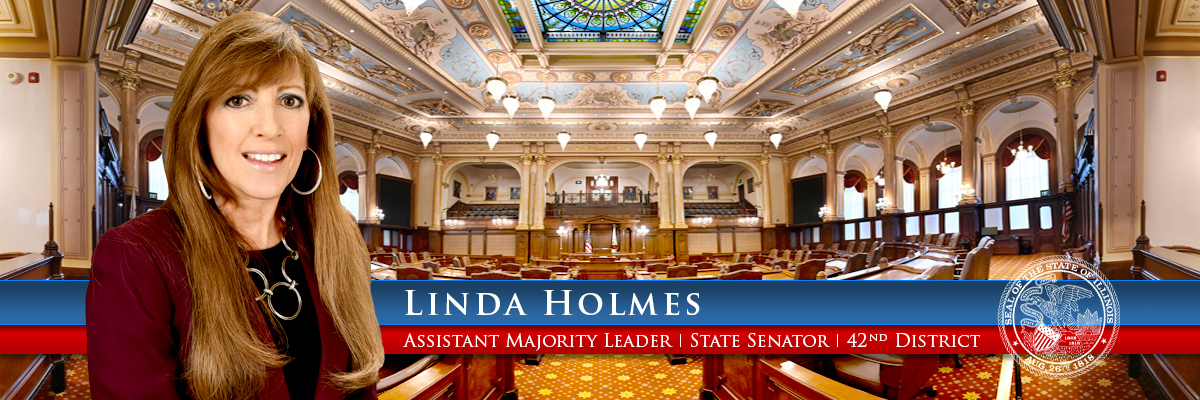“These reforms will bring fiscal integrity back to Illinois. It’s not going to happen overnight, but this is part of the long-term plan to help us lay out the path our state needs to follow. And that’s the path of fiscal responsibility,” – Senator Linda Holmes
SPRINGFIELD, IL – The way Illinois reports its financial standing will get a major facelift under legislation sent to the governor today by the Illinois Senate. The legislation, sponsored by State Senator Linda Holmes (D-Aurora), comes on the heels of a February 2011 audit that described Illinois’ outdated and inefficient accounting systems as “archaic.”
“If we can’t keep track of where Illinois stands financially, how can we possibly get our fiscal house in order?” Senator Holmes said. “Sending this overhaul legislation is a major step toward addressing a serious problem that’s been growing for years. I urge the governor to sign this into law quickly to help get our state back on solid financial footing.”
The Auditor General’s report last year found that the state’s current way of financial reporting is comprised of over 250 different, costly accounting systems. And over 80% of the outdated systems are not compliant with Generally Accepted Accounting Principles (GAAP), which are used to compare expenses and income, among other things.
These factors have generated untimely financial reporting of the true financial position of the State, harming the State’s bond rating and jeopardizing federal funding opportunities.
“These reforms will bring fiscal integrity back to Illinois. It’s not going to happen overnight, but this is part of the long-term plan to help us lay out the path our state needs to follow. And that’s the path of fiscal responsibility,” Holmes added.
Holmes’ legislation, Senate Bill 3794, creates the Financial Reporting Standards Board to assist state agencies with improving the timeliness, quality, and processing of financial reporting. The Comptroller’s Division of Financial Reporting will assist state agencies during the GAAP process, review GAAP practices and prepare the Comprehensive Annual Financial Report required by state law, and cooperate with the Board regarding qualifications, training and education requirements, and best practice guidelines for GAAP.




